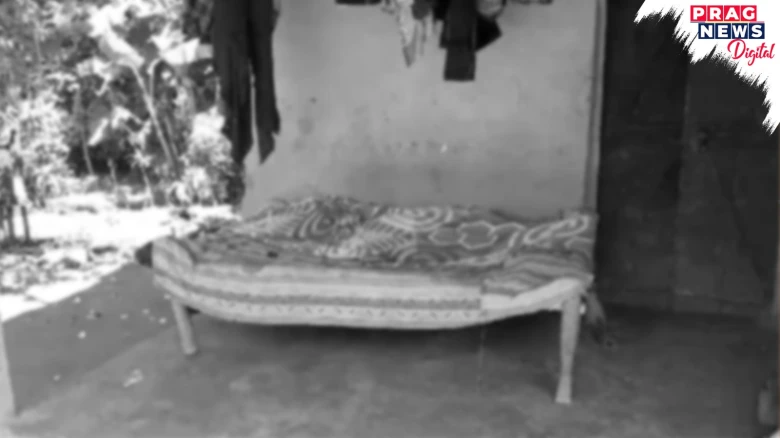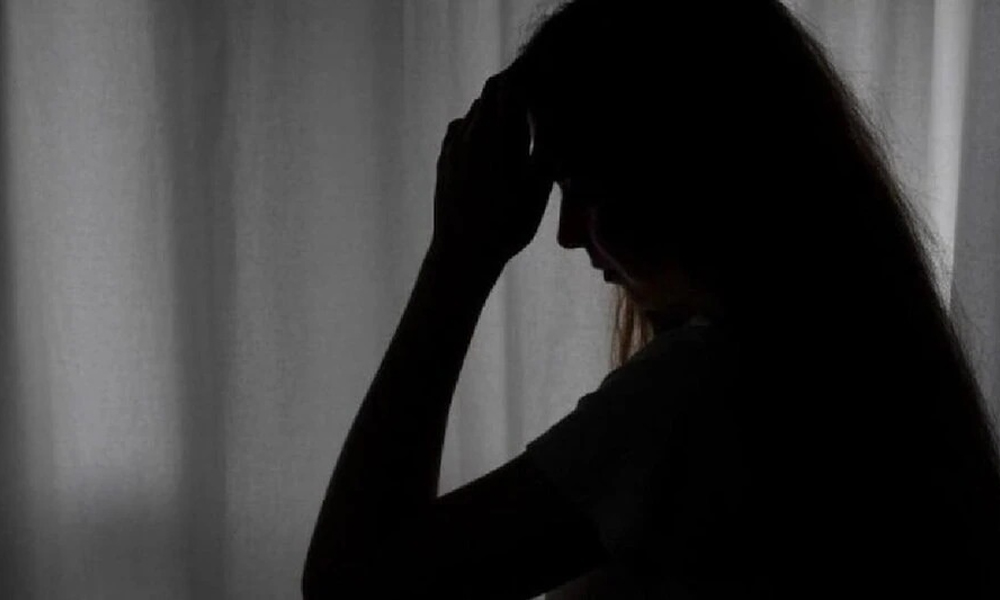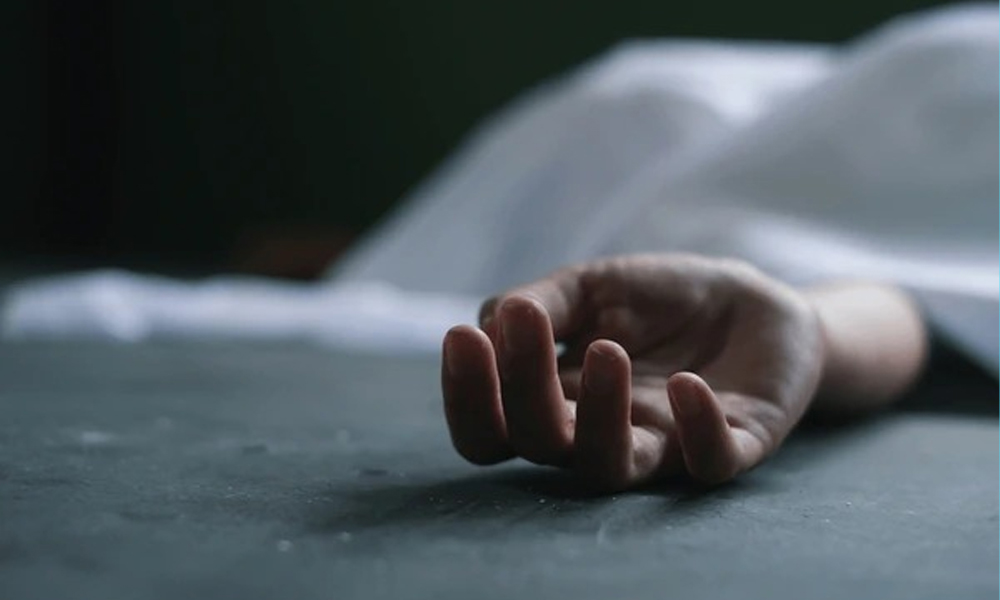Digital
Desk : An elderly woman was brutally murdered in Assam on September 22, in a
shocking incident fueled by suspicions of witchcraft.
The victim, 53-year-old Bagare Hembram, was allegedly killed by her cousin, Ganesh Hembram, in Chirughutu-Balimari village, Gossaigaon sub-division. The accused is currently on the run.
Earlier this year, another woman, Marshila Murmu, was allegedly murdered in Kokrajhar district under similar suspicions.
Local officials reported that the community apprehended a suspect, Lakhan Tudu, linked to Murmu’s murder, emphasizing the urgency of addressing these violent acts driven by superstition.
In June 2024, Assam Chief Minister Himanta Biswa Sarma announced that May 13 would be observed annually as "Day against Superstitious Beliefs" in honor of Padma Shri awardee Birubala Rabha, a prominent advocate against witch hunting. This initiative aims to raise awareness and combat the deeply entrenched superstitions that lead to violence against women in the state.
These tragic cases highlights the ongoing issue of superstition and violence against women in certain parts of India. Despite efforts to combat these practices, incidents of witch hunts and lynchings continue to plague communities, often resulting in tragic outcomes for innocent individuals.
In 2015, the Assam assembly passed the Assam Witch Hunting (Prohibition, Prevention and Protection) Bill, making offenses under the law non-bailable and cognizable, in an attempt to eradicate these harmful beliefs. However, reports of similar incidents persist.


















